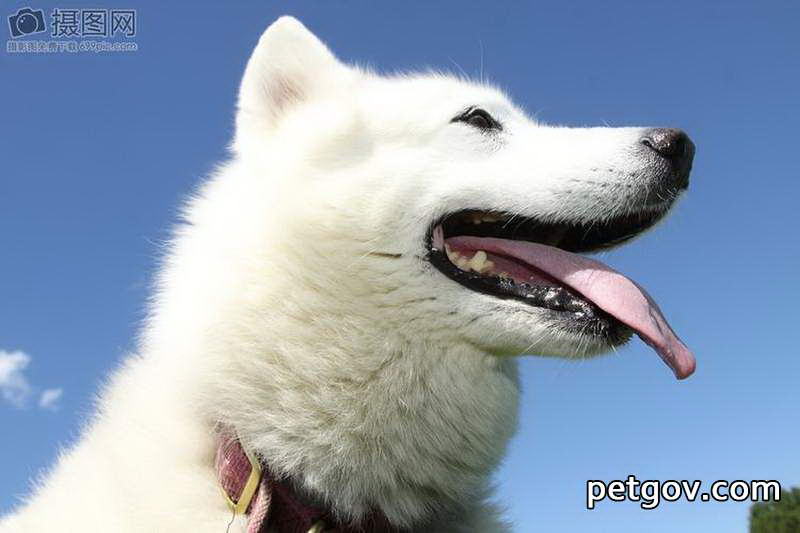Mucus in a dog's stool indicates that the intestinal mucosa is damaged, which may be caused by parasitic infection, viral infection, enteritis, etc. First of all, when a dog’s intestines are infected with internal parasites such as trichomoniasis and coccidia, frequent diarrhea can easily cause the intestinal mucosa to shed. Secondly, when dogs are infected with infectious diseases such as canine distemper virus, parvovirus, and coronavirus, or suffer from enteritis, they may also experience diarrhea, causing damage to the intestinal mucosa and shedding. For specific reasons, the owner also needs to take the dog to the pet hospital for a systematic examination to determine the cause before treatment.

1. Parasitic infection
If the owner does not deworm the dog for a long time, the parasitic infection will destroy the dog's intestinal mucosa, causing the stool to contain mucous membrane and mucus , just like nasal discharge, it can also cause symptoms such as intestinal bleeding, weight loss, and loss of appetite in dogs. In this regard, the owner can check the dog's feces to see if there are worms in it. If so, the dog needs to be dewormed in time.
2. Viral infection
Canine distemper, parvovirus and coronavirus may cause diarrhea in dogs, causing damage to the intestinal mucosa and causing mucus in the stool. At the same time, it may also cause the dog to be lethargic, have elevated body temperature, blood in the stool, vomiting, loss of appetite, fishy stool, etc. If you find that your dog is in this situation, you need to take it to the pet hospital for further examination and treatment in time.
3. Enteritis
The symptoms of dogs suffering from enteritis are loose stools with sticky substances, which are also accompanied by symptoms such as listlessness, loss of appetite, and elevated body temperature. Because these symptoms are a bit like canine distemper and may not be easy to distinguish, it is recommended that the owner first send the dog to the pet hospital for examination and diagnosis. After the enteritis is diagnosed, drugs to protect the gastrointestinal mucosa, antidiarrheal drugs, and antibiotics can be used for treatment.